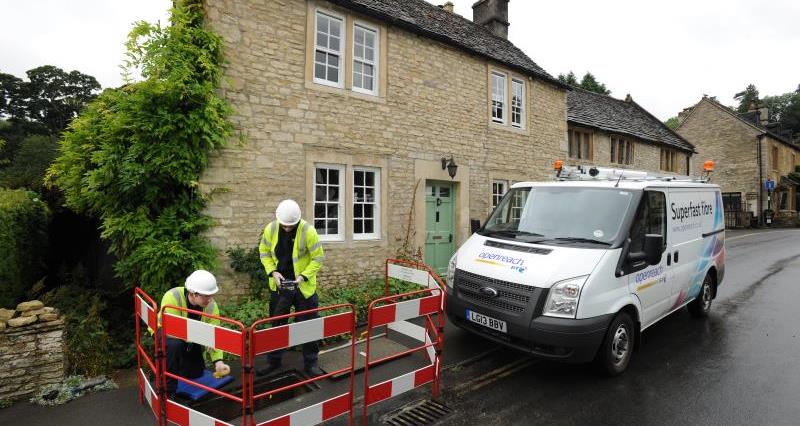“Reliable broadband and mobile coverage are not optional – they are essential for running efficient, productive farming businesses and ensuring safety in some of the most isolated parts of the country,” – that was the message from NFU Vice-president Rachel Hallos as the NFU warned farming businesses are being held back by lack of connectivity.
“If a farmer can’t call for help in an emergency, the consequences can be serious,” Rachel added.
Key findings of our digital access survey include:
- 21% of respondents have broadband speeds under 10Mbps – compared to the national average of less than 1%.
- Only 22% report reliable mobile signal across their entire farm.
- Nearly one out of ten respondents have no 4G or 5G access.
- Just 33% have access to fibre broadband – significantly below the UK average of 57%.
- Nearly all respondents say mobile signal (98%) and broadband (91%) are important for their business.
Government targets delayed
These figures come amid government delays to key rural connectivity targets. The deadline for gigabit capable broadband and nationwide 5G coverage has been pushed back from 2030 to 2032 and, while the Shared Rural Network remains on track for completion by the end of 2025, full rollout and operator compliance is not expected until 2027.
The NFU has warned that these substantial delays risk leaving farming families and rural communities cut off from vital services, especially as the government moves ahead with plans to switch all landlines to digital by 2027 – a major change that relies on strong broadband and mobile infrastructure.
There are some signs of progress; ultrafast broadband access is rising, now reaching 12% of respondents, and more farmers are embracing agri-tech tools such as cloud-based services and GPS.
Fairness
“We have been consistently told by government that food security is national security, but to deliver on that farmers need the right tools,” said NFU Vice-president Rachel Hallos.
“Right now, poor connectivity is holding back the full potential of British farming. We welcome the government’s investment announced in the Spending Review, but these delays risk leaving rural farms disconnected for longer.
“This isn’t about asking for special treatment. It’s about fairness. Rural businesses, families and communities deserve the same opportunities as everyone else – and that starts with being properly connected.”
NFU asks
The NFU is calling on the government to:
- Prioritise completing the Shared Rural Network to ensure all rural communities get a reliable mobile signal while fibre rollout continues.
- Support all broadband technologies – not just fibre – to bring cost-effective alternatives like fixed wireless or mobile broadband to rural and hard-to-reach areas.
- Provide rural-specific digital skills training within national programmes.



